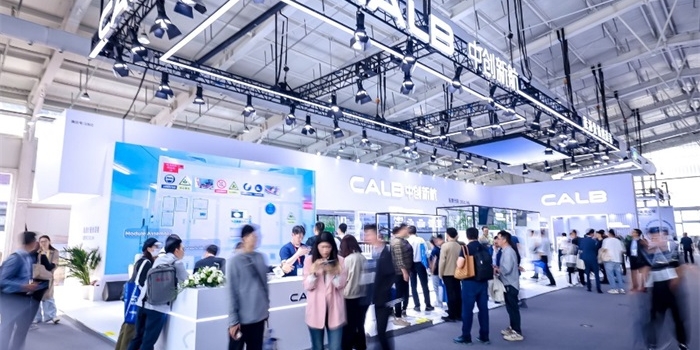The Advantages of Lithium Iron Phosphate Batteries in Maritime Applications
Introduction to Lithium Iron Phosphate Batteries
In recent years, lithium iron phosphate (LiFePO4) batteries have emerged as a revolutionary power source, especially in maritime applications. These batteries are renowned for their stability, safety, and efficiency, making them an ideal choice for powering ships. As the maritime industry increasingly shifts towards sustainable energy solutions, understanding the advantages of lithium iron phosphate batteries becomes crucial for shipbuilders, operators, and environmental advocates alike.
Safety First: A Non-Flammable Solution
One of the most significant advantages of lithium iron phosphate batteries is their superior safety profile. Unlike other lithium-ion batteries, which can pose a fire hazard under certain conditions, LiFePO4 batteries are much less likely to catch fire or explode. This safety feature is particularly important in maritime environments, where the presence of flammable materials can pose a serious risk. Ship operators can rest easy knowing that they are using a power source with a lower risk of catastrophic failure.
Long Lifespan and Stability
Another compelling advantage of lithium iron phosphate batteries is their long lifecycle. These batteries can endure thousands of charge and discharge cycles, often lasting up to a decade or more with proper care. This longevity significantly reduces the need for frequent replacements, which can be both costly and logistically challenging for ship operations. Moreover, the stability of these batteries under various temperature and operational conditions enhances their reliability onboard vessels.
_看图王.jpg)
Environmental Benefits and Efficiency
As global regulations increasingly emphasize environmental sustainability, lithium iron phosphate batteries have gained traction due to their eco-friendly properties. They are made from non-toxic materials and are fully recyclable, minimizing environmental impact. Additionally, their efficiency in energy storage and delivery ensures that ships can operate with lower energy consumption, leading to reduced greenhouse gas emissions. In this way, ships powered by LiFePO4 batteries represent a significant step forward in making maritime operations greener.
.jpg)
Fast Charging Capabilities
Shipping companies are often under pressure to minimize downtime. Lithium iron phosphate batteries offer fast charging capabilities, allowing ships to quickly replenish their energy reserves when docked. This feature translates to improved operational efficiency, enabling vessels to spend more time at sea and less time in port. The ability to charge rapidly without compromising battery health is a critical advantage for modern shipping operations.
Conclusion: A Smart Investment for the Future
In conclusion, lithium iron phosphate batteries represent a forward-thinking solution for the maritime industry. Their unmatched safety features, long lifespan, environmental benefits, and fast charging capabilities make them a smart investment for ship operators looking to enhance operational efficiency and sustainability. As the marine sector continues to evolve, the incorporation of lithium iron phosphate technology could very well pave the way towards a greener, more efficient future on the high seas.

